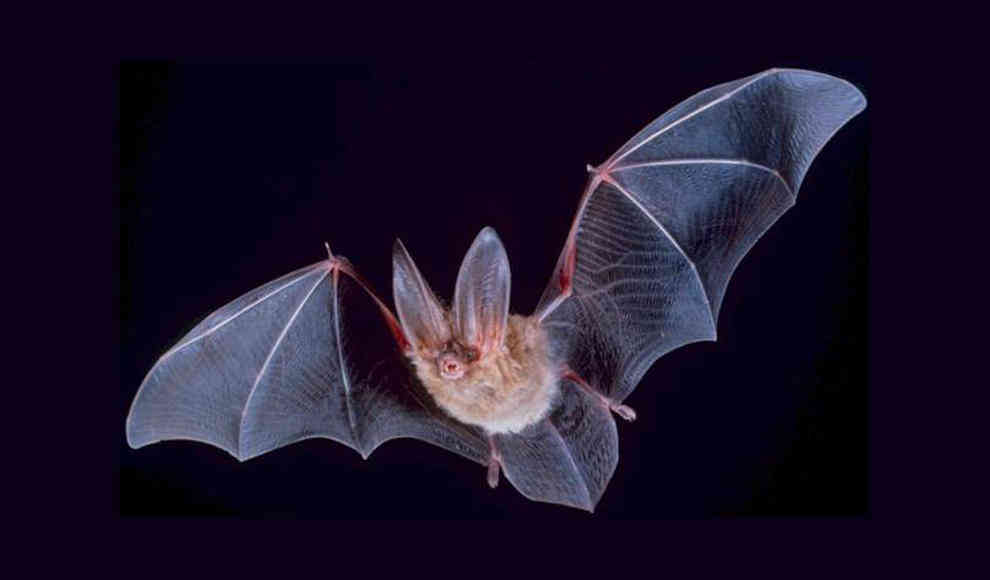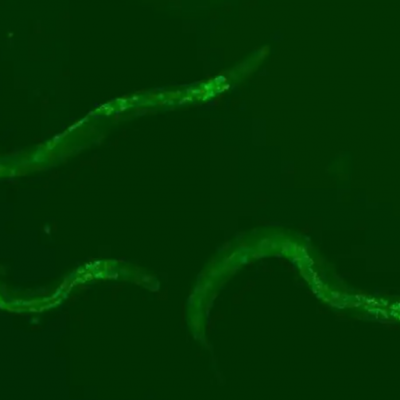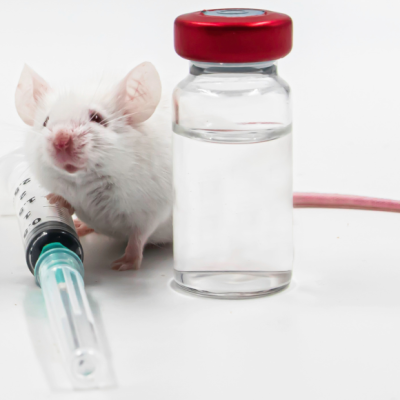Fascinating research has revealed why some species of bats age at a much slower rate than others. Scientists at the University College Dublin have discovered that bats have a natural protection mechanism against aging in their DNA. The study, published in the journal Science Advances, found that bats have longer telomeres, which are protective caps on the ends of chromosomes that prevent damage. As these telomeres wear down during cell division, the cell can no longer divide and eventually dies. However, in bats, this process occurs much more slowly than in humans, allowing them to live longer.
The research team captured and studied 493 bats of various species to determine the reasons behind their slow aging process. They found that the telomeres in some bat species, such as the Greater Mouse-eared Bat and the Bechstein’s Bat, do not shorten as quickly as they do in other animals. This is due to the presence of two genes, ATM and SETX, which stabilize the telomeres. However, the researchers did not find any significant telomerase activity in these bats, which is an enzyme that can lengthen telomeres but can also contribute to cancer growth.
The study has implications for human aging research, as scientists hope to use the findings to develop treatments that can slow down the aging process in humans. While the research is still in its early stages, it provides a promising avenue for further investigation into the mechanisms of aging and how they can be manipulated to extend human lifespan.










